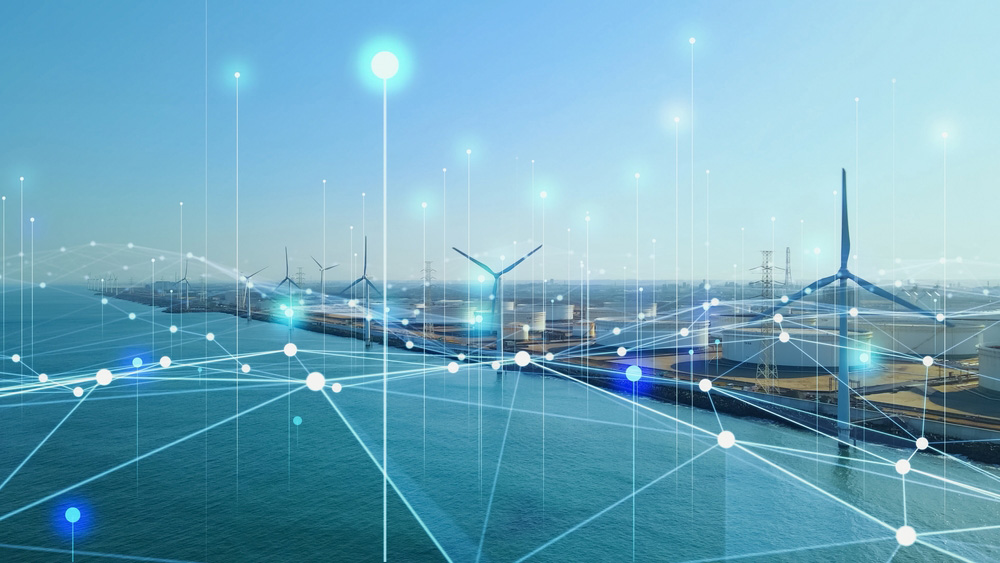What Is Digital Energy Knowledge

What Is Digital Energy Learn About Its Benefits The Different Types And What The Future Holds Digitalisation. in electricity systems, digital technologies can help integrate increasing shares of variable renewables and improve the reliability of grids, while for end users they can improve energy and material efficiency and reduce emissions. moreover, digital services like videoconferencing offer low carbon alternatives to travel while. About this report. digital technologies are everywhere, affecting the way we live, work, travel and play. digitalisation is helping improve the safety, productivity, accessibility and sustainability of energy systems around the world. but it is also raising new security and privacy risks, while disrupting markets, businesses and workers.

What Is Digital Energy Knowledge Digital energy is a programme implemented by agence française de développement with the support of the european union, working to develop innovative digital solutions for a fair energy transition. digital energy aims to. accelerate access to energy. reduce our dependence on fossil fuels. improve the operational efficiency of players in the. For the past two years, energy companies of every stripe have probed digital possibilities—running pilots in analytics, process digitization, and automation. they assumed that, as engineering savvy organizations with a history of ingenuity, they could easily find the value from digital. reality has proved more difficult. As the world’s energy sector moves away from fossil fuels toward renewable energy sources, industrial companies are challenged with addressing this transition in transformative ways. digitization will be key to making power generating assets more efficient, the electric grid more secure and resilient, the aviation industry more sustainable. Under a global wave of digital transformation, a growing body of research has recognized and introduced the significance of emerging digital technologies embedded in energy storage [16, 17], particularly on the blockchain [18, 19], energy big data and cloud computing [20, 21] and the energy internet of things (iot) [18, 22]. however, studies on.

Comments are closed.